The government, however, has tried to paint the picture from a different perspective.
According to them, a more significant portion of the "blame" lies with Covid 19 and Russia's invasion of Ukraine.
The majority counterclaim that this should not be an excuse as other countries were and are being impacted by those two factors respectively.
Earlier this week, the elected head of the Republic of Ghana again came into homes. This time not to give an update on COVID but to ask for support and patience concerning the measures being put in place to restore the economy.
He concurred that the country is indeed facing an economic crisis and a comparison of our financial woes to that of other countries is not to trivialize the impact on the Ghanaian citizen but to appeal to them to view it from the standpoint of global impact and hopefully, " learn some useful lessons about how other economies are coping".
Why the rage?
Let us attempt to draw a timeline for the growing rage of Ghanaian citizens.
During and after the lockdown, the ruling government was lying on a bed of roses; praises were floating in from all corners for how it managed the pandemic and the relief it afforded its citizens.
If my memory serves me right, the first "major" outcry by the Ghanaian citizenry was when the finance minister (yes, I said Finance minister because rumours that he has resigned are false), Ken Ofori-Atta, announced on the 17th of November, 2021, that the government was going to establish a tax on electronic transactions in the 2022 budget to "widen the tax net and rope in the informal sector."
Since February this year, there have been murmurs regarding the slow rise of the dollar to the cedi. Then before an eye could be blinked, in March, the cedi crossed the 6-cedi mark that it had been maintaining for a couple of months. This is where all hell broke loose. The dollar has also not looked back again lest it turn to a pillar of salt.
The dollar has also not looked back again lest it turn to a pillar of salt.

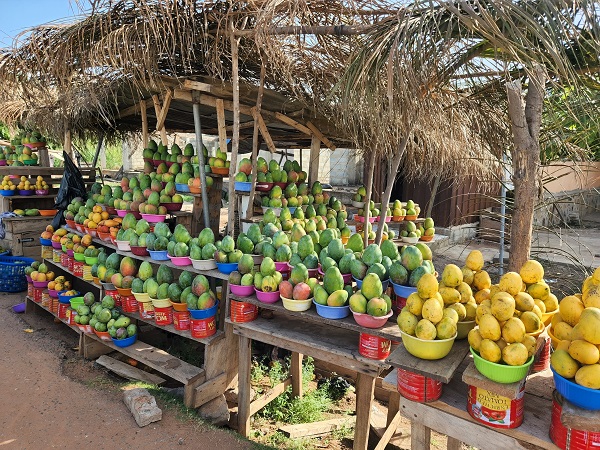
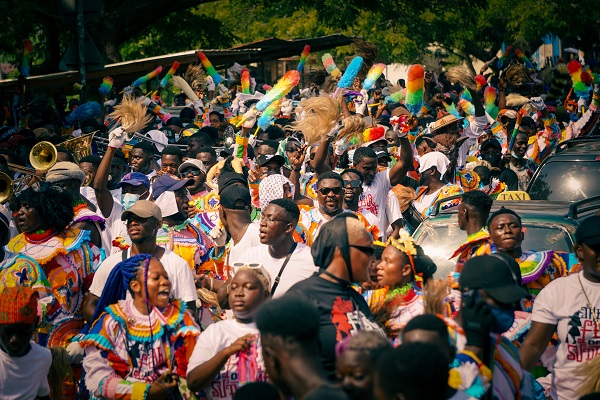
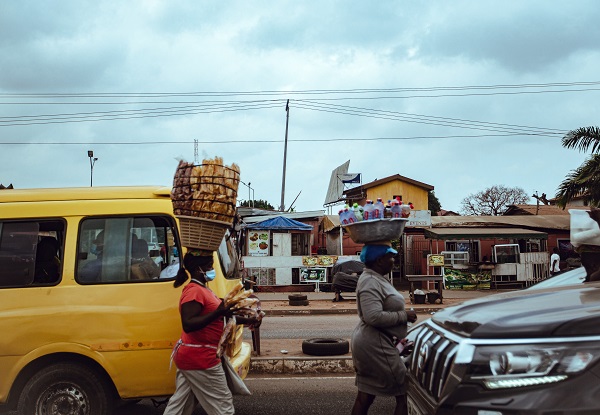
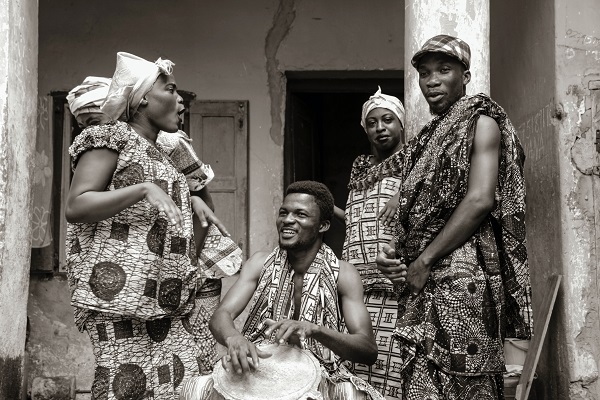
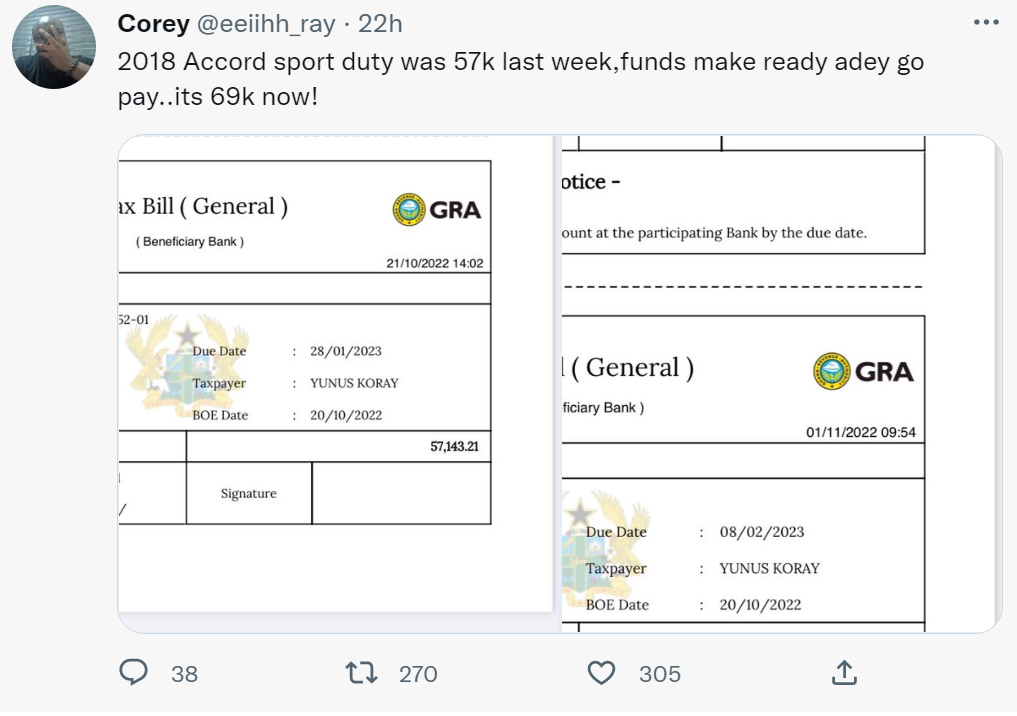

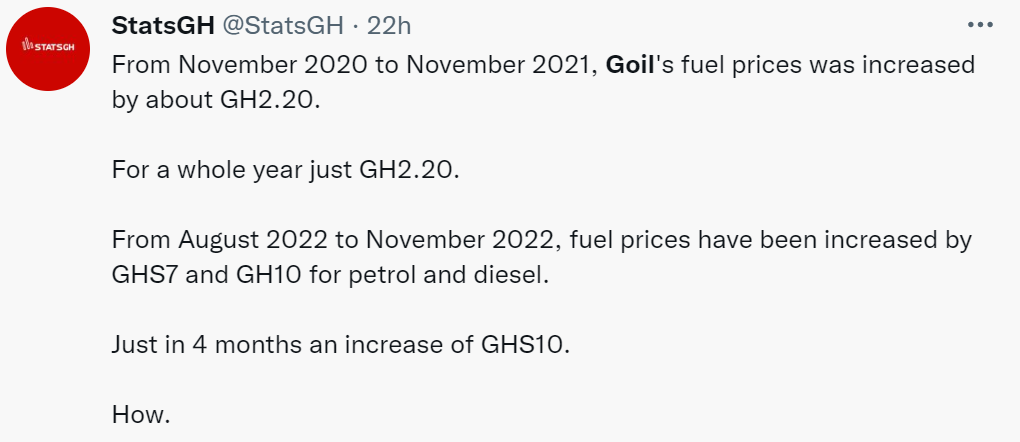







.jpg)
.jpg)